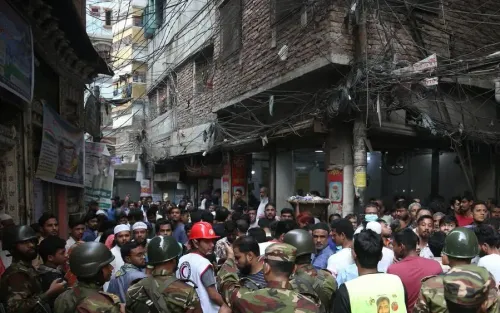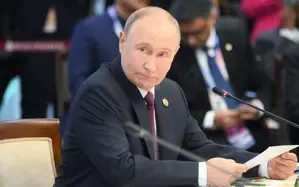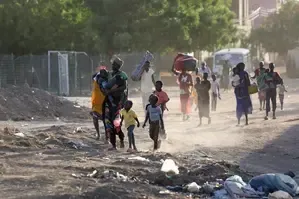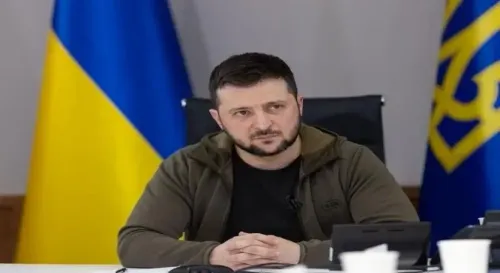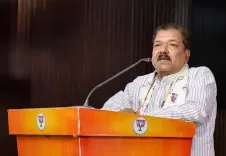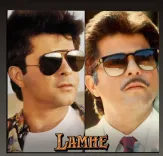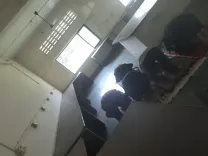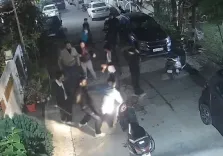Are Iran's Nuclear Talks with the US Becoming More Serious?
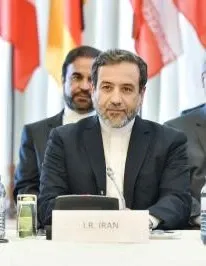
Synopsis
Key Takeaways
- Iran's nuclear talks with the US are intensifying.
- US demands for nuclear disassembly are firmly rejected by Iran.
- Negotiations have shifted from general discussions to specific proposals.
- Iran maintains its stance on peaceful nuclear rights.
- The outcome of the talks could influence regional stability.
Tehran, May 12 (NationPress) Iranian Foreign Minister Abbas Araqchi announced that the indirect discussions with the United States in Oman aimed at reviving the 2015 nuclear agreement have become "much more serious and candid." This comes as President Masoud Pezeshkian firmly dismissed US demands for Tehran to disassemble its nuclear facilities.
The negotiations taking place in Muscat, facilitated by Oman, represent the latest attempt to preserve the Joint Comprehensive Plan of Action. The United States had unilaterally exited the agreement in 2018 during the presidency of Donald Trump, resulting in Iran gradually reducing its adherence to nuclear obligations, as reported by Xinhua.
Araqchi, in an interview with Iran's state-run IRIB TV following the fourth round of talks in Oman's capital, stated that the discussions have transitioned from broad topics to more detailed proposals. He described the talks as "progressive" but recognized the increasing complexity surrounding the issues. Both parties confirmed their intention to continue the dialogue.
This most recent round lasted about three hours and follows earlier meetings in Muscat on April 12 and 26, as well as a session in Rome on April 19.
In the meantime, President Pezeshkian resolutely rejected US calls for the disassembly of Iran's nuclear infrastructure, asserting, "This is unacceptable. Iran will not forfeit its peaceful nuclear rights." He reiterated Tehran's position that its nuclear program is intended for civilian use and referred to a religious decree from Supreme Leader Ali Khamenei that prohibits the development of nuclear weapons.
Prior to the Muscat discussions, US Special Envoy Steve Witkoff reiterated demands for Iran to completely dismantle its nuclear program, including facilities in Natanz, Fordow, and Isfahan. US officials, such as Secretary of State Marco Rubio, have indicated that Iran should consider importing enriched uranium.
Pezeshkian emphasized that Iran's nuclear endeavors are crucial for "peaceful" applications, including radiopharmaceuticals, healthcare, agriculture, and industry. "We are committed to these negotiations and aim for an agreement. Our discussions are driven by a desire for peace," he stated, highlighting Iran's dedication to regional peace and stability.

